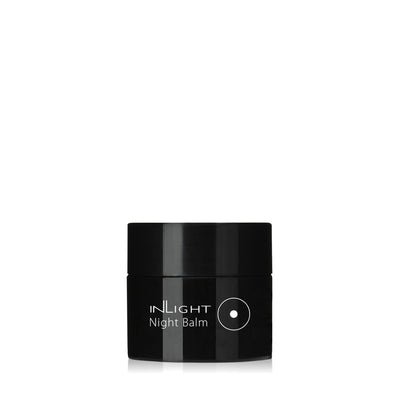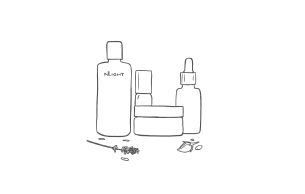Your skin & environmental pollution

We all know that our skin is a clever shield from the outside ‘aggressions’ of chemicals and pollutants but not everyone knows how much it can suffer during this important job. Our largest organ gets in fact affected a lot more than we think by the environment and our lifestyle.
One of the biggest and most obvious consequences can be seen in faster skin ageing.
Simply walking down the road, especially if you live in a city or busy town, can cause damage: car emissions, industrial fumes and environmental chemical residues rich in polycyclic aromatic hydrocarbons, fine dusts, nanoparticles and many other cocktails of chemicals is what our skin is likely to silently absorb.
The main concern is of course that all these air contaminants we breathe damage our lungs getting into the blood/lymphatic stream through the alveoli, but they indeed affect the skin, damaging its top layer and no doubt cause oxidative stress.
How do Pollutants affect the ageing of our skin.
The epidermis is protected by a fine layer of fat produced by the sebaceous glands: a film rich in essential fatty acids (EFA), cholesterol, Vit E, squalene, triglycerides etc. The main job of this fat film is to combat germs through its specific acidic PH, to protect the skin from the UV rays, to keep its moist reducing water evaporation and to fight physical (UVA/UVB/UVC rays) and chemical aggressions that produce skin oxidation – responsible for ageing.
This is one of the major problems: pollutants on the skin produce an oxidative stress, but we must not forget that this can be also caused, within the body.
Oxidative stress
Oxidative stress can occur when there is an imbalance of free radicals (highly reactive molecules) and antioxidants (natural chemicals such as Vit C, E, Beta carotene, minerals and many others) in the body.
Free radicals (oxidants) are oxygen-containing molecules with an uneven number of electrons. The uneven number allows them to easily react exchanging the spare electron with other molecules but often damaging them.
The body’s cells produce free radicals in the normal metabolic processes; however cells also produce antioxidants that neutralise these free radicals. In general, the body is able to maintain a balance between antioxidants and free radicals, but many factors can contribute to an excess of free radicals production
- A diet poor in greens/fruits and rich in junk food
- Lifestyle
- Environmental factors
Oxidative stress and the skin
The oxidative stress also produces a chain reaction on the skin weakening its dermal structure by “informing” the enzymes to breakdown collagen and elastin.
Different studies on the health of skin in polluted areas have shown a significant reduction of Vit E, cholesterol and squalene, an alteration of the PH, a change in the sebum production: as consequence the skin becomes more fragile, less protected, more “toxic” and prone to ageing. Pollutants, radiations and particles clog the skin reducing its amazing ability to “breathe” and to exchange its energy with the environment, becoming more vulnerable. The poor blood micro-circulation also reduces the exchange of nutrients making the skin dull and opaque. This process impact on the immune system and the skin becomes more prone to reactions, inflammations and allergies.
Skin type also needs to be considered in this complex picture.
According to the Fitzpatrick phototype system: if you are phototype I (pale white skin - extremely sensitive, always burns, never tans) or phototype II (white skin - very sensitive, burns easily, tans minimally) your skin can be more easily damaged when exposed to UV rays and pollutants.
What to do?
We have already enough pollutants in the environment, so you don’t need more chemicals on your skin! Use organic beauty products of high quality to replenish all the antioxidants and fat components that have been damaged or lost due to the pollution.
By choosing moisturising products, naturally rich in antioxidant and precious oils components, the skin will easily rebalance the loss of EFA (Essential Fatty Acids), cholesterol and Vit E and minerals; some botanical extracts will work even as anti-oxidant to stimulate cell’s renewal and rejuvenate the skin.
Always remind yourself that the skin is a mirror of our inner body/emotional status so start your day with a meditation for gratitude and feed your body with organic and vegetarian nutrients. Organic smoothies, juices full of energy and natural supplements such as Vit C, E, magnesium, seaweeds, glutathione etc will help the body to have a good metabolism and implement the natural detox chain.
A daily beauty regime will help keep skin healthy. Each evening before bed, it’s really important to clear the skin thoroughly, removing debris, impurities and general dirt accumulated during the day. A good Cleansing balm will do just that. Washing your face with water only, although might seem refreshing, will not actually work deep enough to make a real difference.
As a general ‘rule’ I recommend using a cleanser, toner (alcohol free) and a good mosituriser twice daily to maintain a healthy glow. Use a mild exfoliating face mask once a week as a skin detox
Walk in Nature as much as you can, practice Yoga and Pranayama to oxygenate your cells and get rid of the excess of CO2 accumulated with stress and anxiety. Laugh more and be grateful for your Life… there is no better treatment for keeping your youth.
Dr. Mariano Spiezia


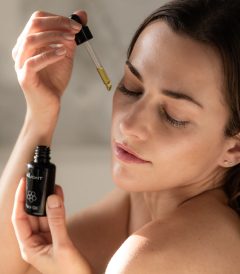
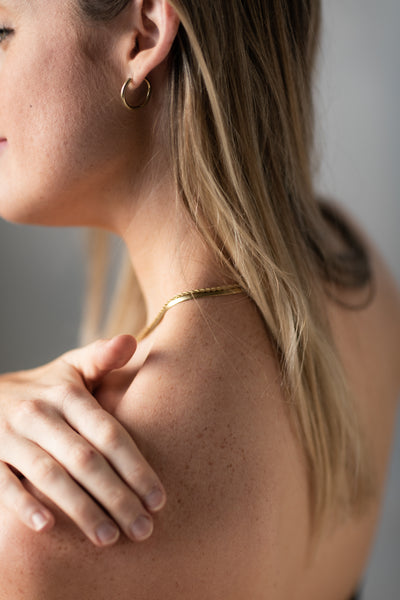
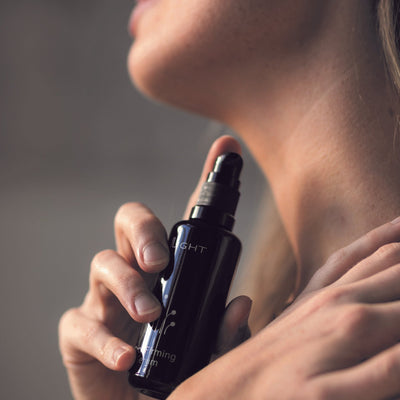
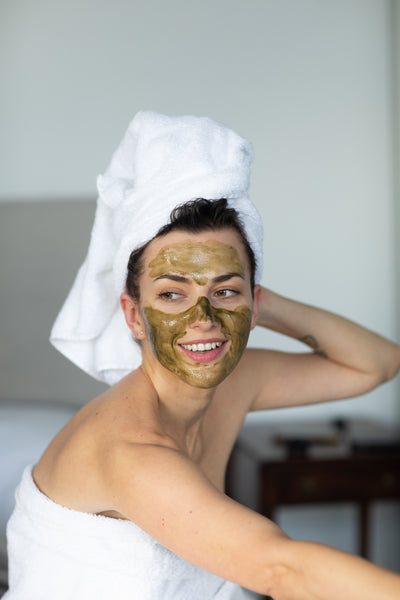
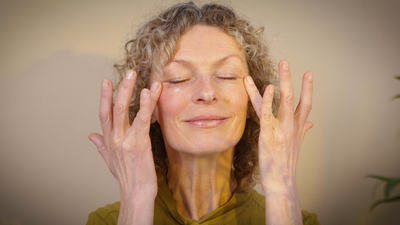
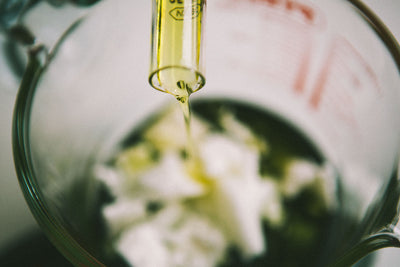

.png?v=1709810460212)








.png?v=1724255750489)


.png?v=1724250648348)



.png?v=1724250433717)





